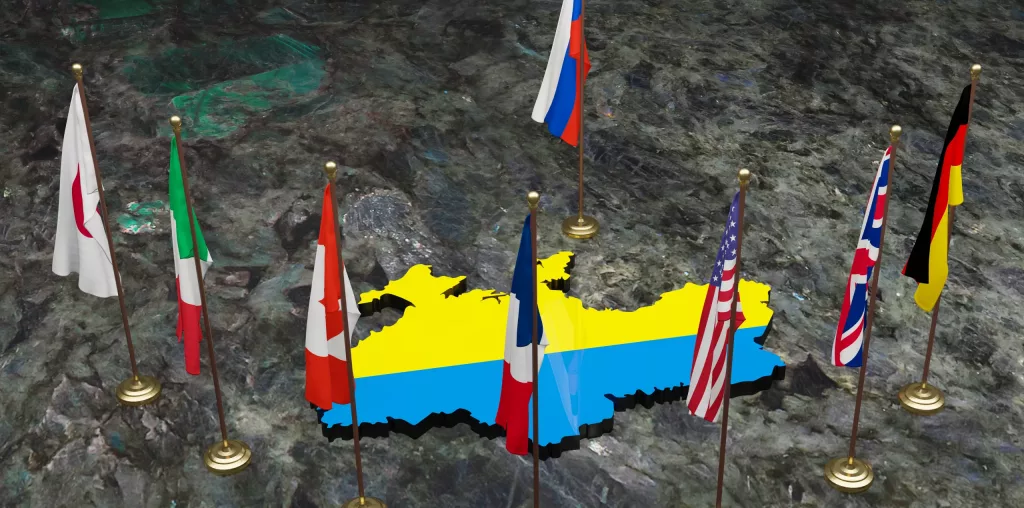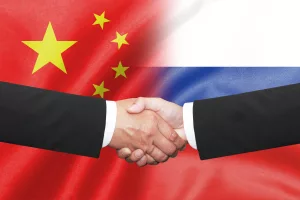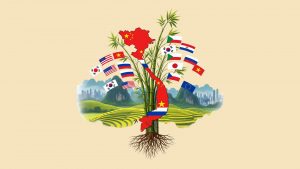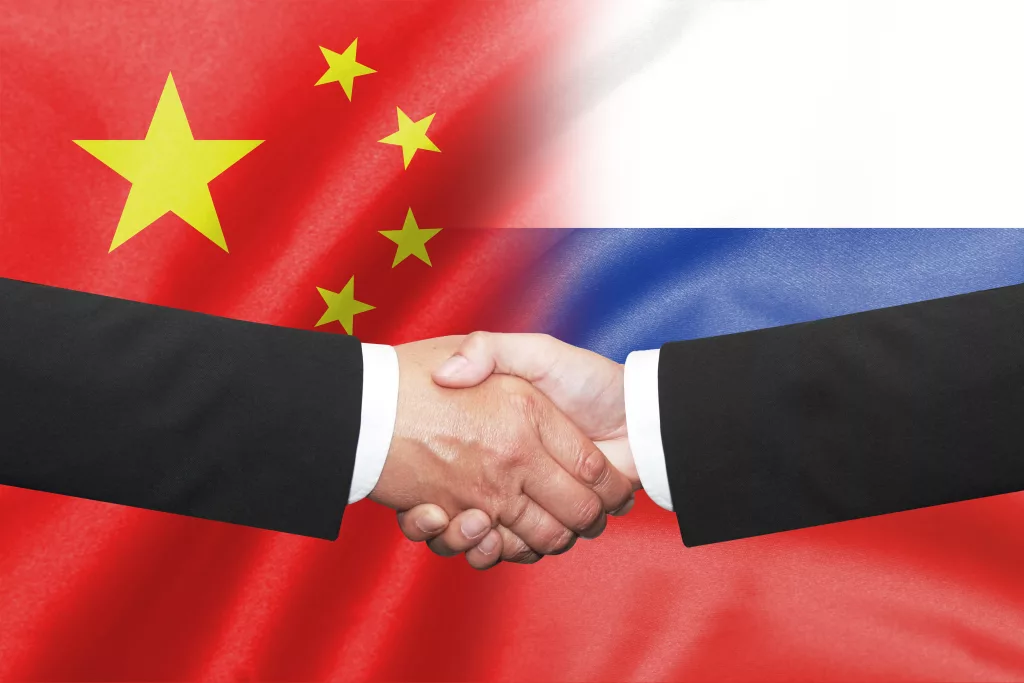The selection of Hiroshima to host the G7 meeting reflects not only its traumatic past, as the first city to suffer an atomic bombing in human history, but also the city’s reinvention as a symbol for peace and vocal advocate for non-proliferation of nuclear weapons.
Japanese Prime Minister Kishida, whose family hails from the city, has previously directed stinging criticism of threats from Moscow to deploy nuclear weapons against Ukraine and has used the summit to accelerate discussion on his primary political goals of ‘realising a world without nuclear weapons’.
Given almost half of the G7 are nuclear powers, with 44% of the world’s nuclear arsenal, such an improbable aim would typically be given short shrift in a time-pressed G7 summit. However, the urgency of the situation in Ukraine has called for a re-think.
The G7 communique rightly focuses on the war, offering unequivocal support for Ukraine and further isolates Russia economically and politically. By attaching weight to the nuclear threat, the statement also counters the argument that Russia’s actions simply secure strategic interests in a region already within its sphere of influence. Disagreements over the seriousness of the invasion led to an ugly split at the most recent G20 Finance meeting in February.
The immediacy of the situation in Ukraine should not take away from another important strand of the G7 dialogue. The port city of Hiroshima is almost equi-distant from Russia’s Pacific Fleet in Vladivostok and China’s North Sea naval fleet in Qingdao. China’s ratcheting up of rhetoric and military activities against Taiwan and in the South China Sea has raised questions about whether a pursuit of strategic interests in the region could spill over to military conflict.
The G7 statement was surprisingly strong on China and papers over recent cracks between member states, most noticeable during President Macron’s April trip to China, when he downplayed Taiwan’s security issues and warned that the EU should not automatically follow the US lead.
It seems naïve to think that Taiwan does not have as much strategic importance to China as Ukraine to Russia. The more fundamental disagreements may hinge on China’s preparedness to launch a military offensive against Taiwan, especially given its lack of landing capability on an island target. The G7 statement should be seen as drawing an ideological line to counter any Chinese threat as well as a deterrent against further offensive military capacity building.
Of course, it would be remiss not to mention the focus on the economic components of the statement. The city of Hiroshima is nestled in the heart of an Asian region with increasingly significant and complex economic linkages, accounting for more than 35% of global GDP.
The effectiveness of debilitating financial sanctions against Russia has stood in stark contrast to other economic sanctions, especially related to the more unwieldy and fragile web of global supply chain and trade linkages. The Ukraine war not only triggered a bout of energy and food-induced inflation it also raised questions about future supply chain security.
The G7 commitment to address these vulnerabilities and to mitigate the cost-of-living squeeze is much welcomed. However, it should come as a complement rather than a derailment of efforts to mobilise economic resources to tackle climate and social problems that demand both our attention and our ingenuity. Perhaps we should look to the resilience and vitality of the modern city of Hiroshima to remind ourselves of human capacity for hope, while not forgetting the lessons of the past.
About The Author
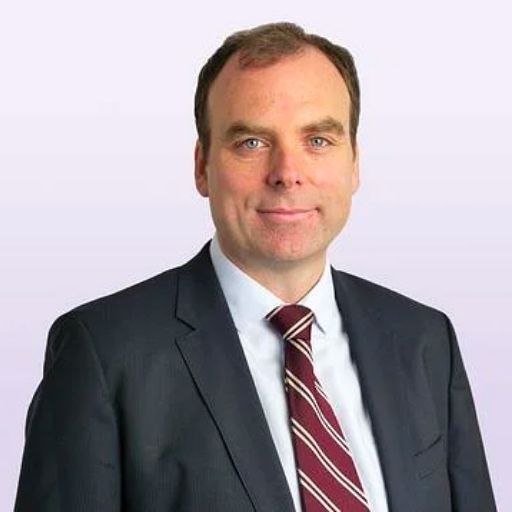
Govinda Finn, an Economics Lecturer at Kobe University and sits on our International Advisory Council. He is a former Japan and Developed Asia Economist at Abrdn and is also involved in the Green Finance Initiative through his work on the board of the CityUK’s Japan Market Advisory Group.

